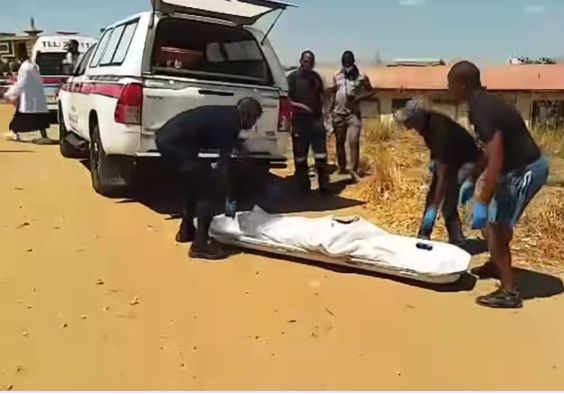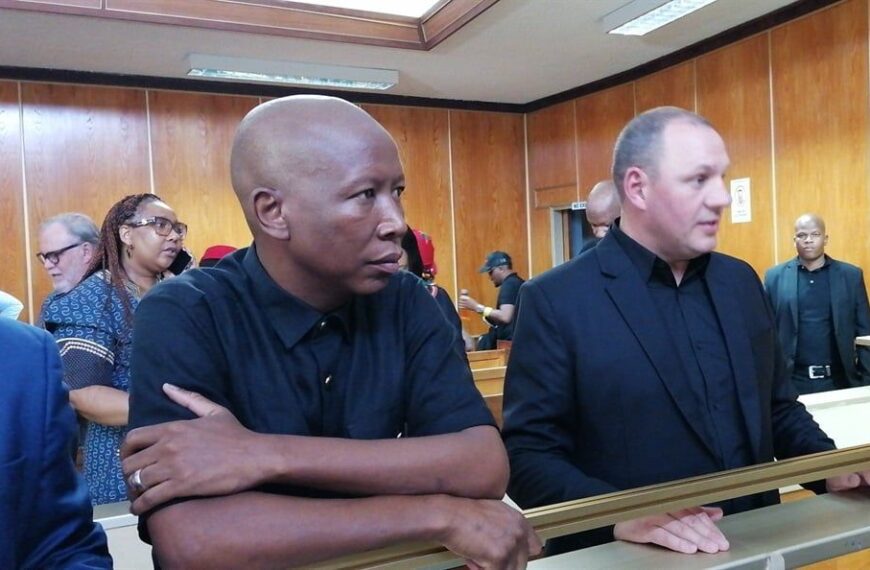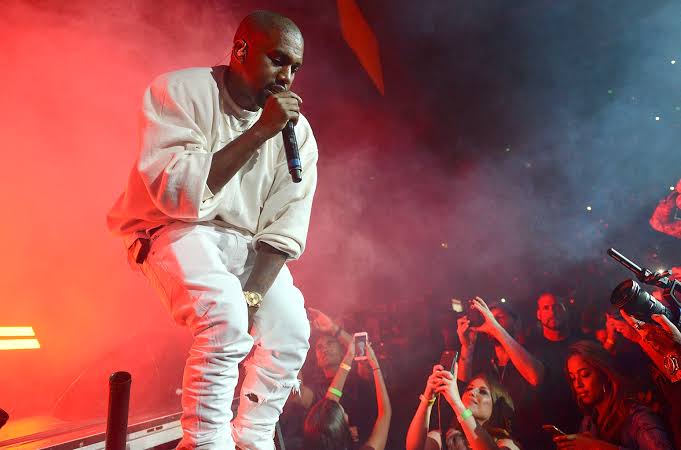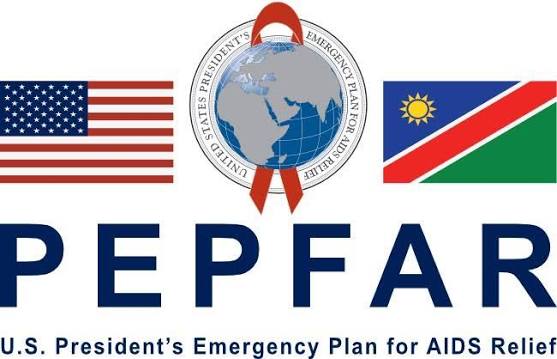
The Democratic Republic of Congo’s (DRC) military court has sentenced former president Joseph Kabila to death in absentia, convicting him of war crimes, treason, and crimes against humanity.
The 54-year-old, who led the DRC from 2001 to 2019, was found guilty of supporting the M23 rebel movement, which has destabilised the eastern provinces through violence, mass displacement, and territorial seizures. The court further accused Kabila of crimes including murder, sexual assault, torture, and leading an insurrection.
Kabila, who succeeded his assassinated father Laurent-Désiré Kabila, was not present during the proceedings and did not have legal representation. His current whereabouts remain unclear, though reports suggest he has spent time abroad since leaving office.
The verdict follows months of mounting legal pressure. Earlier this year, the DRC Senate voted to strip Kabila of immunity, clearing the way for prosecution. Prosecutors presented evidence alleging that Kabila financed M23 through hidden accounts and coordinated political backing for the group.
President Félix Tshisekedi’s government welcomed the ruling as a step toward accountability for the violence in the east. However, Kabila’s allies dismissed the trial as politically motivated, arguing it was designed to eliminate a powerful rival from the political scene.
Human rights groups have also voiced concerns about the fairness of the proceedings, noting that trials in absentia without legal defense raise questions about due process.
The death sentence is expected to intensify political divisions within the country while drawing international scrutiny. With Kabila’s strong base of supporters and his enduring influence, observers warn the ruling could deepen instability at a time when the DRC continues to grapple with ongoing conflict in North and South Kivu.


























